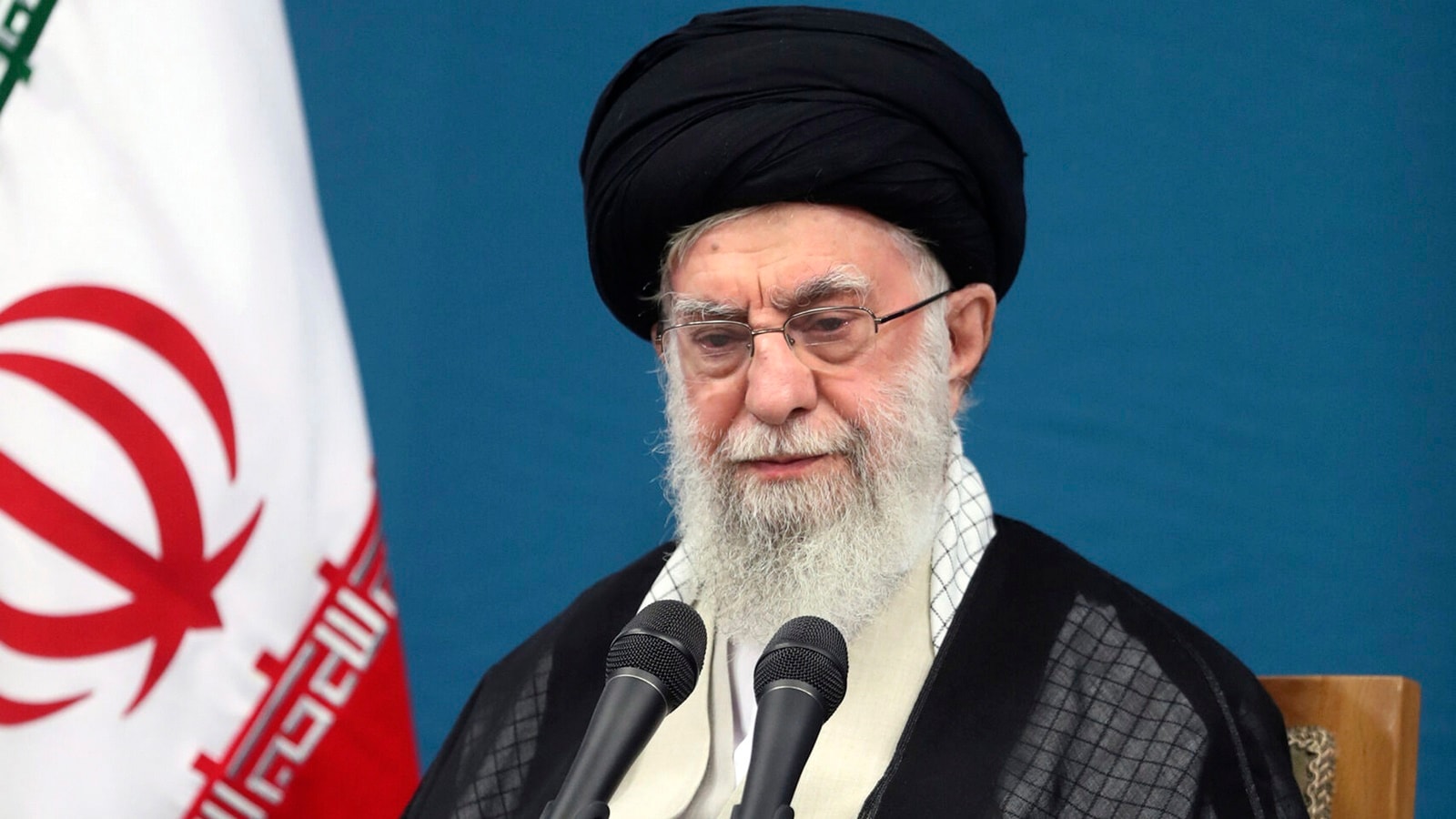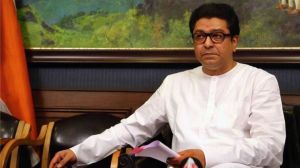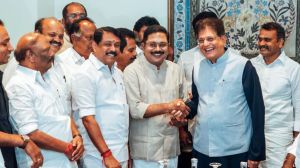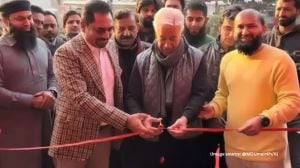Stay updated with the latest - Click here to follow us on Instagram
Iran’s supreme leader signals willingness to negotiate with US on nuclear program
Khamenei reopened the possibility of negotiations with the US regarding Iran's nuclear program, declaring there is “no barrier” to engaging with Washington.
 In Iran, Ali Khamenei is the most powerful figure who has been at the helm as supreme leader since 1989. He is the head of state and the commander-in-chief. (AP/PTI)
In Iran, Ali Khamenei is the most powerful figure who has been at the helm as supreme leader since 1989. He is the head of state and the commander-in-chief. (AP/PTI)On Tuesday, Iran’s Supreme Leader Ayatollah Ali Khamenei signaled a possible reopening of negotiations with the United States regarding Iran’s accelerating nuclear program. He informed Iran’s civilian government that there was “no barrier” to engaging with the US, described as an “enemy.”
Khamenei’s comments outlined clear boundaries for any potential talks under reformist President Masoud Pezeshkian’s administration, while also reiterating his distrust of Washington. His statements echo the rhetoric from around the 2015 nuclear agreement, which significantly restricted Iran’s nuclear activities in return for sanctions relief.
However, the extent of President Pezeshkian’s flexibility in these negotiations is uncertain, particularly amid ongoing regional tensions due to the Israel-Hamas conflict and the upcoming US presidential election.
“We do not have to pin our hope to the enemy. For our plans, we should not wait for approval by the enemies,” Khamenei said in a video broadcast by state television, reported AP. “It is not contradictory to engage the same enemy in some places, there’s no barrier.” Khamenei, who has final say on all state matters, also warned Pezeshkian’s Cabinet, “Do not trust the enemy.”
Khamenei reopened the possibility of negotiations with the US regarding Iran’s nuclear program, declaring there is “no barrier” to engaging with Washington. This statement follows former President Donald Trump’s 2018 unilateral withdrawal from the 2015 nuclear deal, which had significantly limited Iran’s nuclear activities in exchange for sanctions relief.
The US State Department did not immediately comment on Khamenei’s remarks. Recent indirect negotiations between Iran and the US, mediated by Oman and Qatar, have occurred since the deal’s collapse. In response to the US withdrawal, Iran has abandoned the deal’s constraints and is now enriching uranium up to 60% purity, close to weapons-grade levels. Additionally, Iran has disrupted surveillance by the International Atomic Energy Agency (IAEA) and restricted access for some of its most experienced inspectors. Iranian officials have also hinted at pursuing atomic weapons.
Khamenei’s latest comments might provide political cover for further actions. Iranian President Masoud Pezeshkian’s new foreign minister, Abbas Araghchi, played a significant role in the 2015 negotiations. However, uncertainty looms as the US prepares for its presidential election on November 5, with Vice President Kamala Harris and former President Trump as leading candidates. Harris has expressed a firm stance against Iran, stating she would take decisive action to protect US interests.
In a related development, Khamenei’s meeting with Pezeshkian’s Cabinet also included former Foreign Minister Mohammad Javad Zarif. Zarif, who was instrumental in the 2015 deal, announced he would continue to serve as a vice president in Pezeshkian’s administration despite earlier resigning over the Cabinet’s composition.
(With AP Inputs)
- 01
- 02
- 03
- 04
- 05































